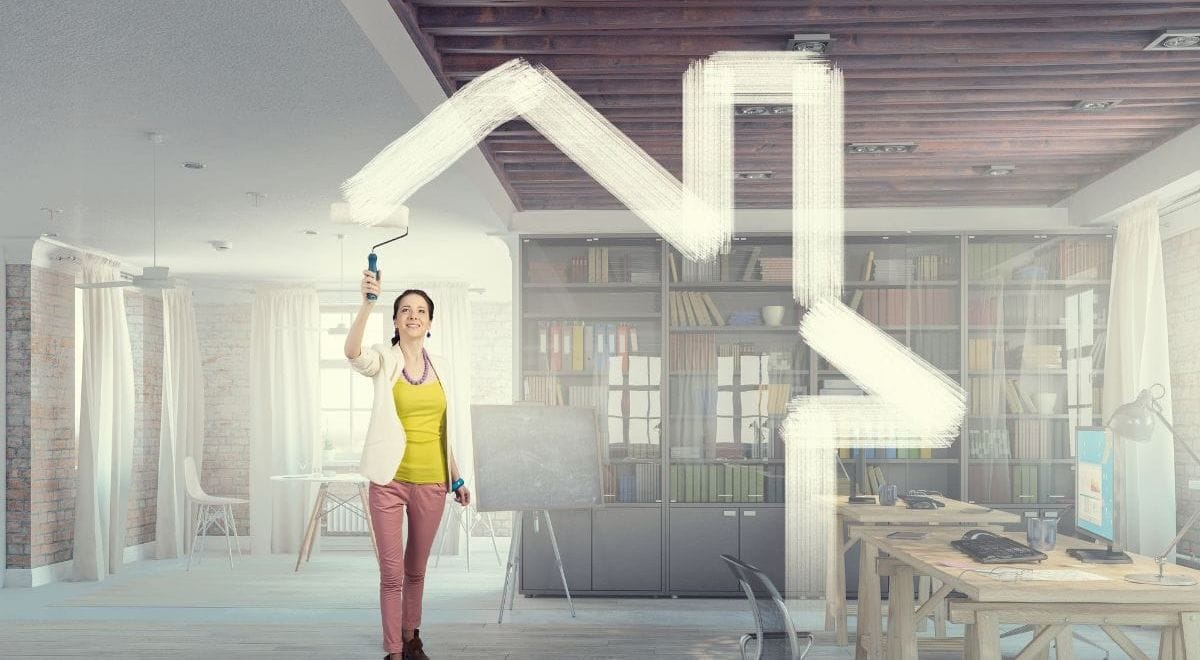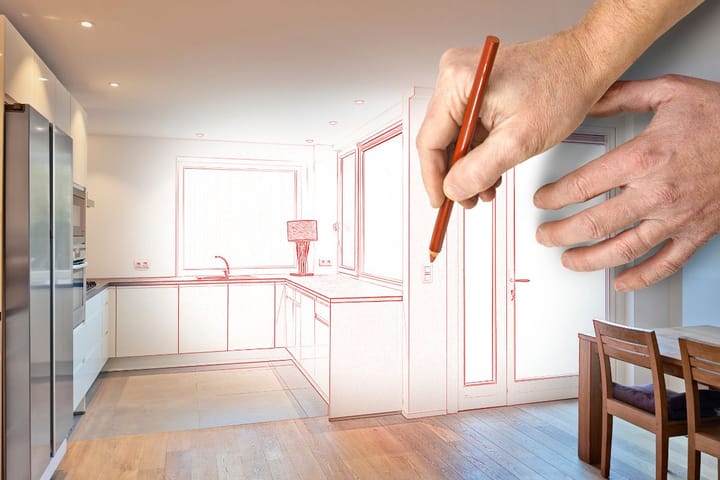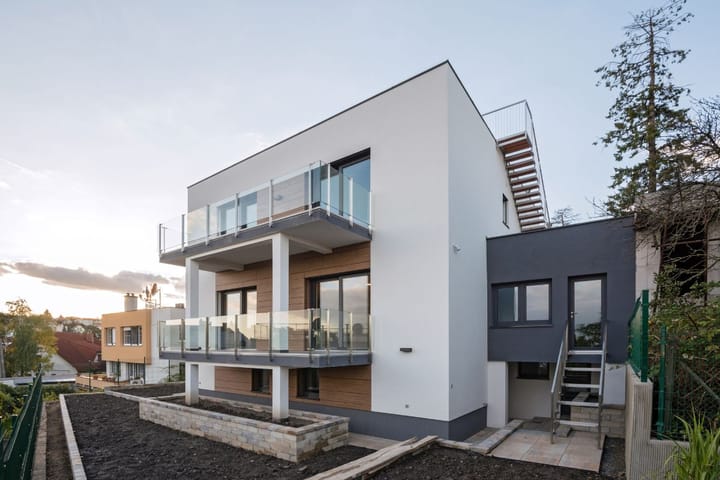The Hidden Costs of Home Renovation: Budgeting for Surprises
Home renovation brings surprises; plan for hidden costs to stay on budget and navigate this exciting challenge effectively.

Embarking on a home renovation project can be an exciting yet challenging endeavor. While many homeowners diligently create a budget, there are often hidden costs that catch them off guard. Understanding and accounting for these potential surprises is crucial for effective budgeting.
Here are some common hidden costs associated with Home Renovation:
1. Unforeseen Structural Issues: As you start the renovation process, unexpected structural problems may surface. Issues like water damage, rot, or compromised foundations can significantly impact your budget. It's essential to allocate a contingency fund for potential structural repairs, especially in older homes.
2. Permit Fees and Compliance Costs: Securing necessary permits for your renovation comes with a price tag. Many homeowners forget to factor in these costs, and non-compliance can lead to fines. Research local regulations, obtain the required permits, and include associated fees in your budget to avoid last-minute surprises.
3. Change Orders: Alterations to the initial plan, known as change orders, can arise during the renovation. Whether due to design changes, unforeseen issues, or personal preferences, these modifications can add costs to both materials and labor. Keep a buffer for potential changes to prevent budget overruns.
4. Asbestos and Lead Paint Removal: In older homes, the presence of asbestos or lead paint is a common concern. Safely removing these hazardous materials requires specialized professionals and can be expensive. If your home was constructed before certain regulations, include testing and abatement costs in your budget.
5. Pest Infestations: Discovering a pest infestation during a renovation is an unwelcome surprise. Whether it's termites, rodents, or insects, addressing the issue promptly is essential. Allocate funds for pest control services to safeguard your home and budget.
6. Utility and Service Disruptions: Renovations often involve shutting off utilities or temporarily relocating. Plan for any potential disruptions, such as the need for alternative accommodation or additional expenses resulting from interrupted services like water and electricity.
7. Storage Costs: Clearing out rooms for renovation may require storage for your belongings. Renting a storage unit or using off-site storage facilities incurs additional costs. Include these expenses in your budget to ensure a smooth and organized renovation process.
8. Landscaping and Exterior Work: While focusing on interior renovations, don't overlook the potential impact on your landscaping and exterior. Construction activities may damage outdoor spaces, requiring landscaping repairs or updates. Budget for both interior and exterior aspects of your property to avoid overlooking critical areas.
9. Project Delays: Time is money in the world of renovations. Delays can result from weather conditions, unforeseen challenges, or contractor scheduling issues. Plan for potential project extensions and associated costs, especially if you're coordinating the renovation with a specific timeline.
10. Hidden Fees from Contractors: Some contractors may have hidden fees that are not explicitly outlined in the initial agreement. It's crucial to have a transparent contract that includes all potential charges, ensuring you have a clear understanding of the financial implications.
8. Electrical System Evaluation: In addition to plumbing concerns, it's crucial to assess the state of your home's electrical system before and during a renovation. Budget for potential electrical repairs or upgrades, especially if your project involves adding new appliances, outlets, or lighting fixtures. For reliable electrical services, consider consulting professionals such as those at Emergency Electricians who can address unforeseen electrical issues promptly and efficiently. Including this aspect in your budget ensures a comprehensive approach to potential hidden costs and enhances the overall safety and functionality of your home.
Conclusion
In conclusion, anticipating and budgeting for hidden costs is a vital aspect of effective home renovation planning. By incorporating a contingency fund and thoroughly researching potential challenges, homeowners can minimize surprises and ensure a smoother renovation process. Open communication with contractors and thorough due diligence can also help in identifying and addressing potential hidden costs before they impact the budget significantly.
By incorporating these considerations into your renovation budget and planning, you can minimize the impact of hidden plumbing costs. Being proactive in addressing potential leaks and having access to reliable "plumbing leak repair near me" services ensures that your renovation stays on track, free from unexpected and budget-breaking plumbing issues.




Comments ()